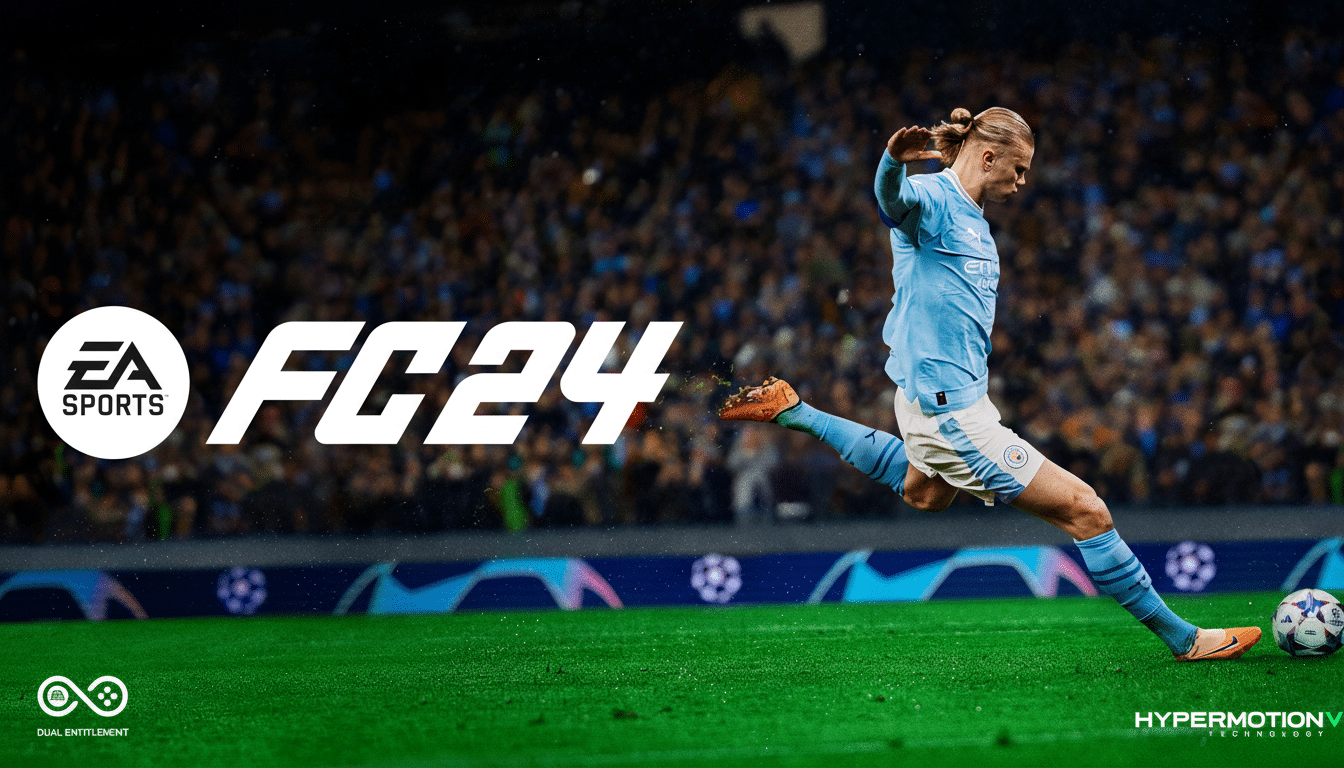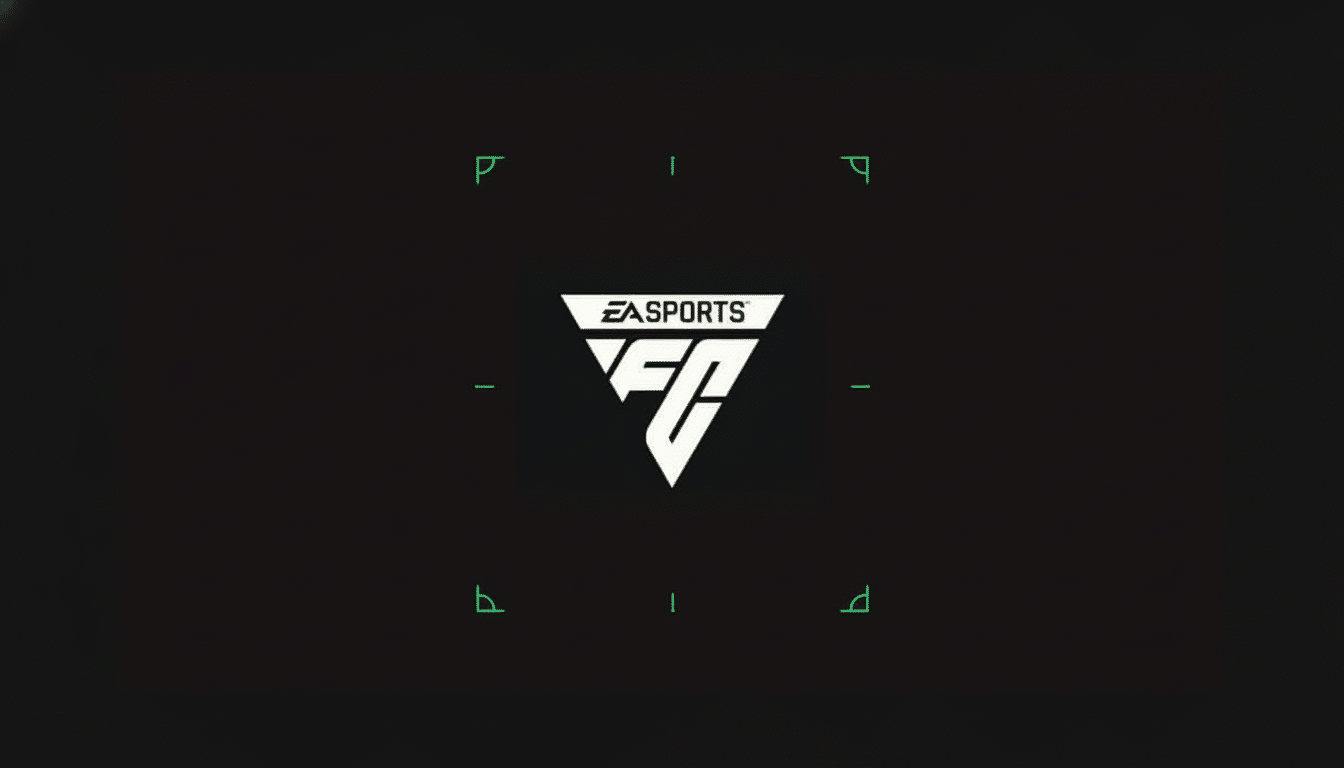Electronic Arts said that it agreed to be acquired for $55 billion by a consortium led by Silver Lake, with funding from the Public Investment Fund of Saudi Arabia and Affinity Partners, the investment firm founded by Jared Kushner. The transaction would turn the publisher of EA Sports FC, Madden NFL, Apex Legends and The Sims into a private company, highlighting the still-disproportionate value of sports licensing and live-service franchises in global gaming.
The deal is scheduled to close following approval from shareholders and regulatory review. Financial terms beyond the headline price were not disclosed, but the offer represents a significant premium to EA’s recent market value and gives the company room for an aggressive, longer-term investment horizon outside the pressure of quarterly earnings.

Among the industry’s sturdiest performers has been EA, which does tens of billions in net bookings and well more than two-thirds of its business from live services, according to the corporate annual report. Its blend of evergreen sports titles and free-to-play hits has positioned it as a bellwether for the transition to business models based on recurring revenue.
What the buyout means for EA’s strategy, studios, and growth
Being private would allow management to take larger bets on technology, new game formats and licensing without the scrutiny of public markets. In the case of EA, this could mean quicker growth in mobile, cross-play ecosystems, creator tools to enable user-generated content and new partnerships in global football and motorsports.
There are trade-offs. Private equity ownership frequently brings tighter margin targets and balance-sheet leverage. Industry analyses from Bain & Co. and S&P Global have indicated that tech/media take-privates often pursue portfolio rationalization, cost discipline, and selective M&A — which for EA’s studios and service teams begets strategic questions on cadence, content scope, long-term R&D spend.
Who is the consortium behind the Silver Lake–led EA buyout
Silver Lake is one of the best-known technology investors and has a reputation for doing complex take-privates and large-scale recapitalizations. Its track record includes deals with powerhouse companies such as Dell and Endeavor, and it has been reported to be involved in the bidding to acquire TikTok’s operations in the United States. The firm’s playbook tends to prioritize operational help and digital ecosystem building.
WASHINGTON — Saudi Arabia’s Public Investment Fund has built itself into a force in interactive entertainment through Savvy Games Group, the company that bought Scopely for around $5 billion, combined esports organizers ESL and FACEIT, and taken stakes in publishers like Nintendo, Capcom and Nexon. Company statements and market disclosures led to these findings. That business model suggests a strategy not just to own content, but also platforms and competitive infrastructure.
Affinity Partners, started by Jared Kushner, has reportedly received multi-billion-dollar support from PIF in reports by publications including The Wall Street Journal and New York Times. Its involvement brings a politically connected U.S. investor into the mix and is almost certain to magnify public attention on governance and strategic decision-making at a new EA.
Regulatory and geopolitical scrutiny facing the EA deal
The deal will be subject to a multilayered review in the United States and elsewhere. Because PIF is foreign and state‑connected, potential national security implications — particularly in relation to data, online communities and content moderation — are likely to fall under the purview of CFIUS. Previous CFIUS cases, such as those for Grindr and TikTok, involved mitigation agreements that could call for data localization, an independent security monitor or limits on access to data.

Antitrust regulators also will be scrutinizing the deal, though worries about horizontal competition are probably less in view of buyers that are financial rather than strategic gaming competitors. Independent foreign investment screening regimes in the United Kingdom and European Union may attach their own conditions before closing.
The stakes for players and creators as EA goes private
The first palpable issues for fans are continuity and cadence. EA’s live-service engines feature consistent updates, strong anti‑cheat, and seasonal content drops across console, PC and mobile. A private owner can speed the deployment of investment in infrastructure and new modes, but also can tighten return thresholds that shape how many projects get greenlit — and at what level of risk.
One of its particular priorities is sports licensing. EA Sports FC, Madden NFL and F1 create a defendable moat around renewals, player likenesses and real-time data integration. More capital and strategic partners may help grow media tie‑ins, esports formats and creator‑driven content tools around those franchises.
Where data and privacy are concerned, any CFIUS‑driven conditions are likely to be largely invisible to players but significant under the hood — expect ring‑fenced data environments, third‑party audits and governance committee.
These are standard risk mitigations of cross‑border tech deals, and would fit the pattern for other sensitive digital platforms.
In gaming, the bigger picture behind a record EA take-private
Free‑to‑play economics, as well as digital add‑ons and long-tail lifecycles make up the rocket fuel driving Newzoo’s figure for the global games market: almost $190 billion. Consolidation has also transformed the landscape, led by Microsoft’s $69 billion acquisition of Activision Blizzard and a tide of portfolio restructurings in Europe and Asia. The EA take‑private fits into that narrative as a bet that premium IP plus live operations can deliver durable cash flows through cycles.
EA suggested it anticipated continuity in leadership and will continue to push at the intersection of entertainment, sports and technology.
Investors and players should look for a shareholder vote timetable, particulars of any regulatory remedies and how the post-closing board is composed. The responses will indicate how much autonomy EA’s studios still enjoy — and how this historic buyout will affect the next chapter of one of gaming’s biggest powerhouses.

